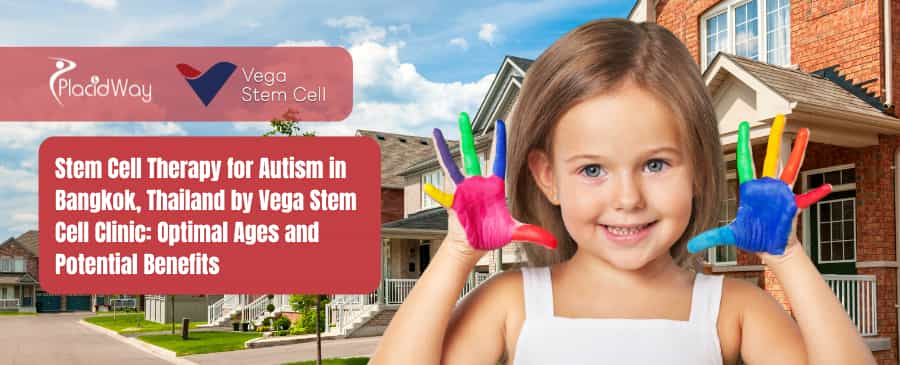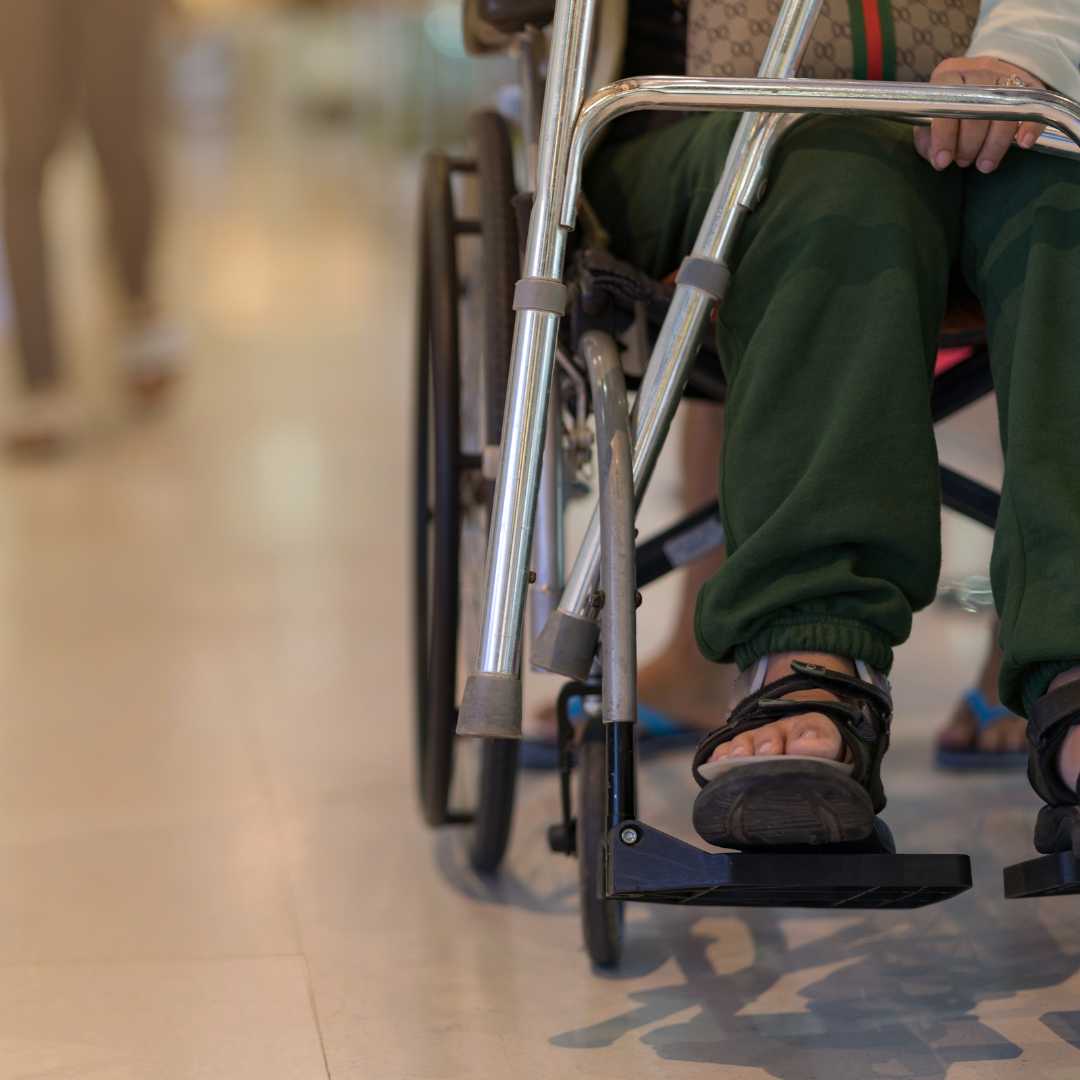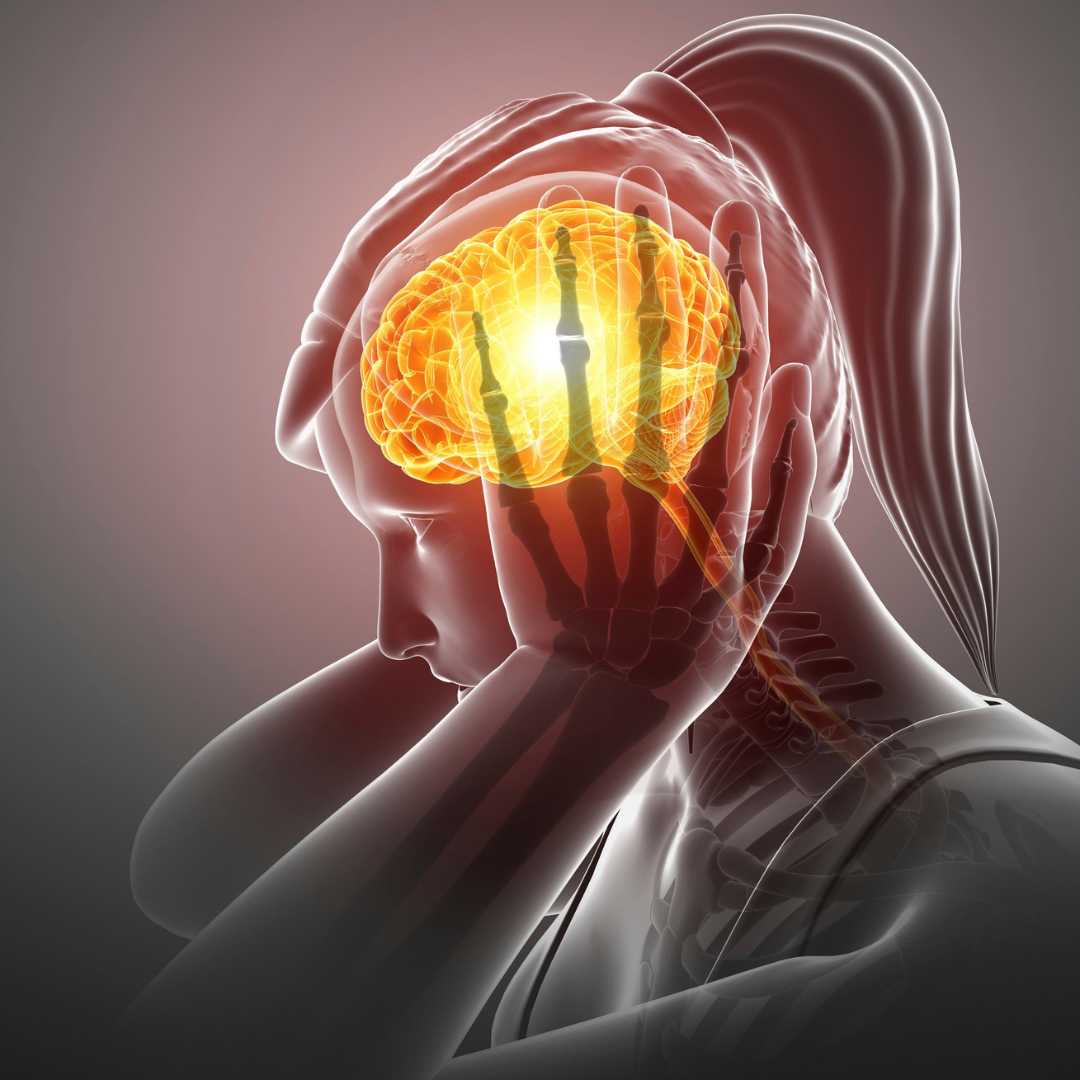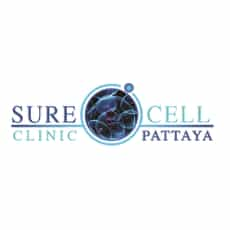
Overview of Stem Cell Therapy for Autism in Bangkok, Thailand
Autism Spectrum Disorder (ASD) is a complex developmental condition that impacts social interaction, communication, and behavior. The causes of autism are still not fully understood, but emerging therapies are providing hope for better management of the disorder.
One such potential treatment is stem cell therapy, which has gained attention for its ability to address biological factors underlying autism. While stem cell therapy is not a cure, it is believed to have the potential to improve symptoms related to autism, such as cognitive function, social behavior, and communication.
In this article, we will explore the ideal age range for Stem Cell Therapy for Autism in Bangkok, Thailand, how it works, and the possible benefits this treatment may offer. We'll focus on the advances made by Vega Stem Cell Clinic in Bangkok, Thailand, a center at the forefront of stem cell therapy for autism.
Key Insights at a Glance
Ideal Age for Stem Cell Therapy in Autism
Stem cell therapy has shown promise in treating a variety of conditions, including autism. However, it is generally considered more effective for children and young adults, particularly those between 3 to 12 years old. This age range is believed to be the most responsive to stem cell treatments, as the brain is more adaptable during early years of life.
Although younger patients typically see the most significant improvements, teenagers and adults with autism may also benefit from stem cell therapy, especially for alleviating symptoms such as cognitive challenges, social difficulties, and behavioral issues.
Why Early Treatment is Beneficial?
How Stem Cell Therapy May Improve Autism Symptoms
Stem cell therapy for autism targets the biological factors believed to contribute to the condition. The therapy mainly works by addressing issues related to inflammation, brain function, and immune system regulation. Below are the ways stem cells may help improve autism symptoms:
1. Lowering Neuroinflammation
Neuroinflammation is often found in individuals with autism and is thought to contribute to impaired brain function. Stem cells have powerful anti-inflammatory properties that can help regulate the immune system and reduce brain inflammation. This can lead to improved cognitive functions and better behavior.
2. Enhancing Neural Connectivity
In autism, abnormal neural network activity affects communication between different areas of the brain. Mesenchymal stem cells (MSCs) have been shown to promote the repair of neural pathways, allowing for better connectivity between the brain regions. This can result in improved social interactions and better cognitive abilities.
3. Improving Blood Flow and Oxygen Delivery to the Brain
Some individuals with autism may experience reduced blood flow to regions of the brain responsible for speech, emotions, and social behavior. Stem cell therapy has been shown to enhance angiogenesis—the development of new blood vessels. This helps improve the oxygen and nutrient supply to the brain, leading to better overall brain function.
4. Regulating the Immune System
Autism has been linked to an overactive immune response, which can contribute to neuroinflammation and neurological problems. Stem cells can help regulate the immune system, decreasing excessive inflammation and promoting healthier brain function.
5. Supporting Gastrointestinal (GI) Health
Digestive problems are common in individuals with autism, often linked to immune dysfunction. Stem cell therapy has been explored for its potential to repair damage to the gut lining and reduce inflammation, which could help improve the gut-brain connection and alleviate gastrointestinal symptoms.
Current Research and Future Prospects
While stem cell therapy for autism is still considered experimental, ongoing research and clinical studies have reported promising results. Early trials have indicated significant improvements in cognitive abilities, communication, and social behaviors in individuals with autism.
Although the treatment is not yet a standard or widely accepted approach, the results thus far suggest that stem cell therapy could become a viable option for improving the quality of life for individuals with autism. It is crucial, however, for parents and caregivers to consult with medical professionals and carefully consider treatment options before pursuing stem cell therapy.
Stem Cell Therapy at Vega Stem Cell Clinic, Bangkok, Thailand
Vega Stem Cell Clinic in Bangkok, Thailand is one of the leading medical centers offering stem cell therapy for autism. They provide cutting-edge treatments using mesenchymal stem cells (MSCs) and other advanced therapies. With a highly skilled team of medical professionals, Vega Stem Cell Clinic focuses on delivering personalized care to ensure the best outcomes for their patients.
The clinic's approach involves a thorough assessment of each patient, ensuring that the stem cell therapy is tailored to their individual needs. The clinic also combines stem cell therapy with other therapeutic modalities such as behavioral therapy and speech therapy for a more comprehensive treatment plan.
Click to Learn More: Stem Cell Therapy for Autism Package in Bangkok, Thailand.
FAQs About Stem Cell Therapy for Autism
Take the Next Step in Improving Autism Symptoms!
If you're considering Regenerative Medicine for Autism in Bangkok, Thailand, Vega Stem Cell Clinic, offers expert consultations to guide you through the treatment options. Contact Vega Stem Cell Clinic today to learn more about how stem cell therapy may help improve the quality of life for you or your loved one with autism.












.png)




Share this listing